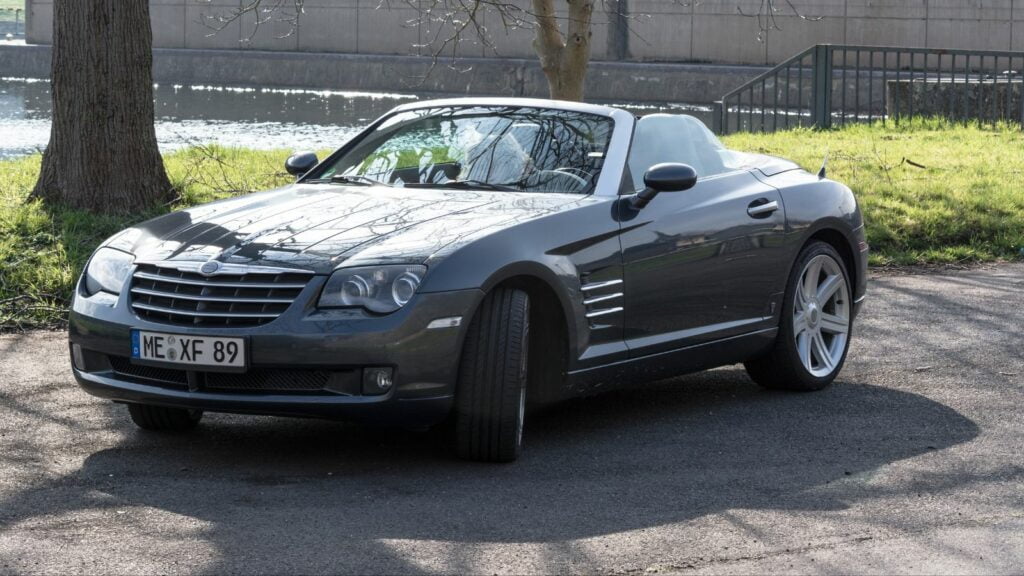Every mechanic has a short list of cars they wouldn’t touch with a ten-foot pole. While most automakers build some reliable vehicles, a couple of brands stand out for all the wrong reasons. Ask around at independent garages or dealership service bays, and you’ll hear the same two names repeated over and over. These aren’t just minor annoyances either — we’re talking about engines that seize, transmissions that grenade, and repair bills that make you regret buying the car in the first place.
Land Rover: Off-Road King, Shop Queen

Land Rover has always been praised for its off-road prowess, but that capability comes with a reputation for breakdowns. Mechanics will tell you these trucks spend more time in the service bay than on the trail. Owners often fall in love with the brand’s heritage and luxury touches, but they quickly discover that reliability isn’t part of the package. A Land Rover might climb a mountain, but it will likely need a tow truck waiting at the bottom.
The Infamous Land Rover Electronics
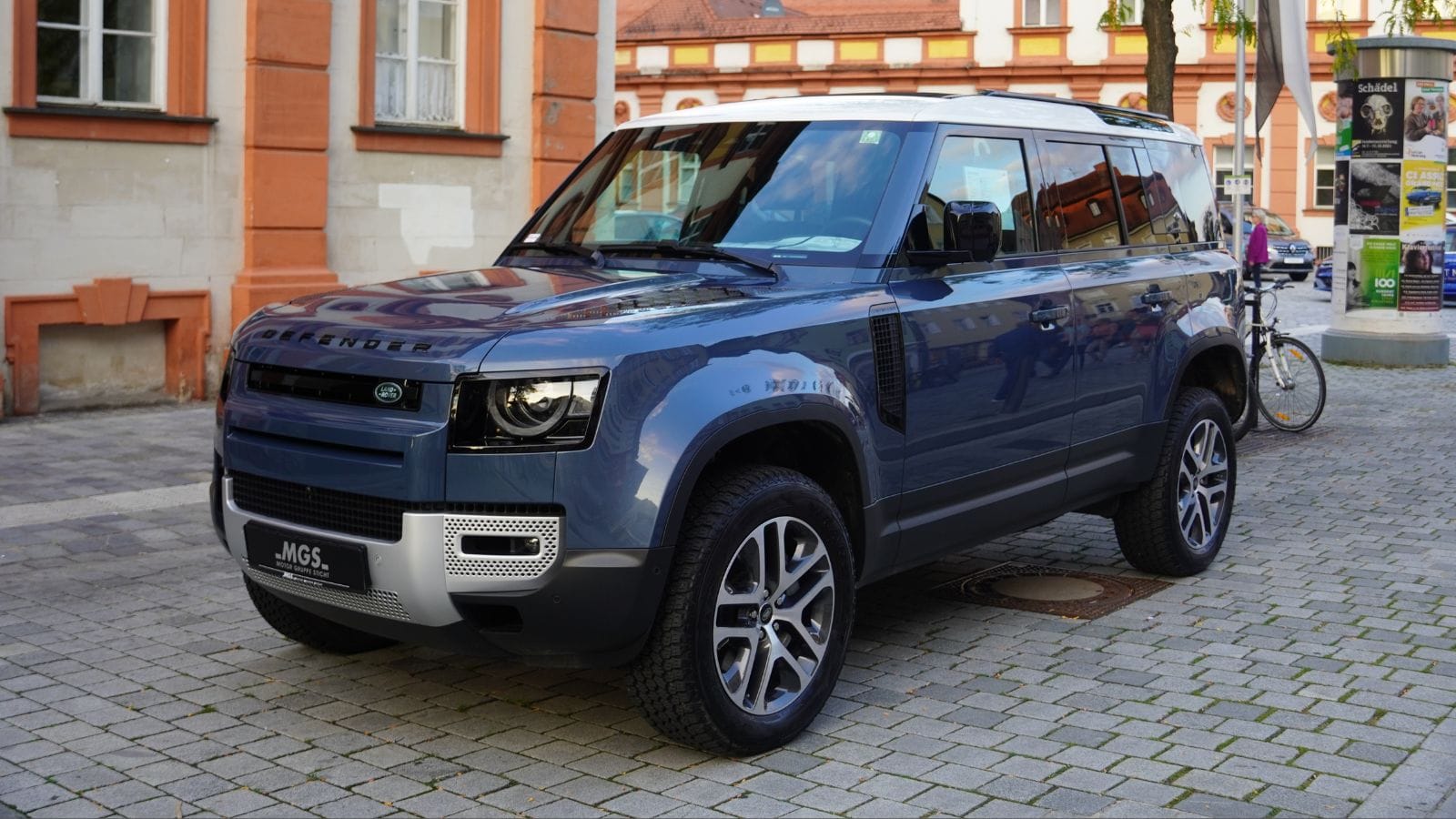
One of the biggest headaches with Land Rovers is their overly complex electronics. Air suspension systems that suddenly collapse, infotainment screens that go blank, and electrical gremlins that defy diagnosis are all too common. Mechanics hate tracing wires and chasing faults in these vehicles because it can turn into a time-consuming nightmare. Many will say the electrical side of these SUVs seems to age twice as fast as the rest of the car.
Land Rover Engines That Overheat
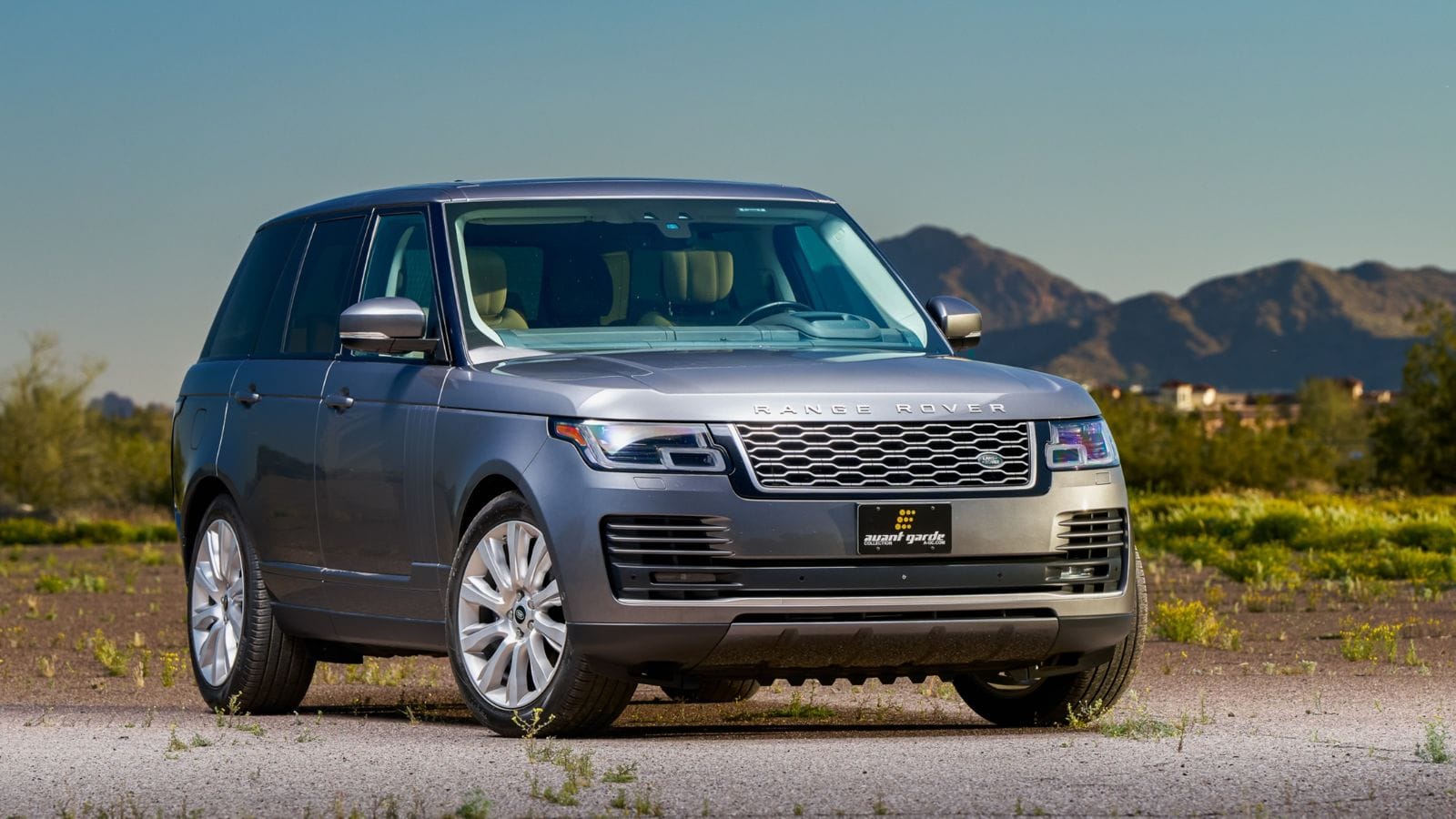
Engines are supposed to be the most robust part of any vehicle, but with Land Rover, even that’s a gamble. Older V8s had notorious head gasket issues, while newer turbocharged sixes and eights are prone to overheating under stress. In Canada’s harsh winters or on long highway drives, overheating can cause catastrophic damage. Mechanics often shake their heads when customers arrive with blown motors, knowing it isn’t the first — and won’t be the last.
Land Rover Transmissions and Driveline Failures

Another sore spot is the transmission. Many Land Rover automatics develop problems early, slipping gears or going into limp mode without warning. Pair that with transfer case failures and differential leaks, and you’re looking at driveline repairs that can cost thousands. For mechanics, these jobs are routine — which says more about the brand’s flaws than the shop’s efficiency.
Chrysler: The Domestic Wild Card
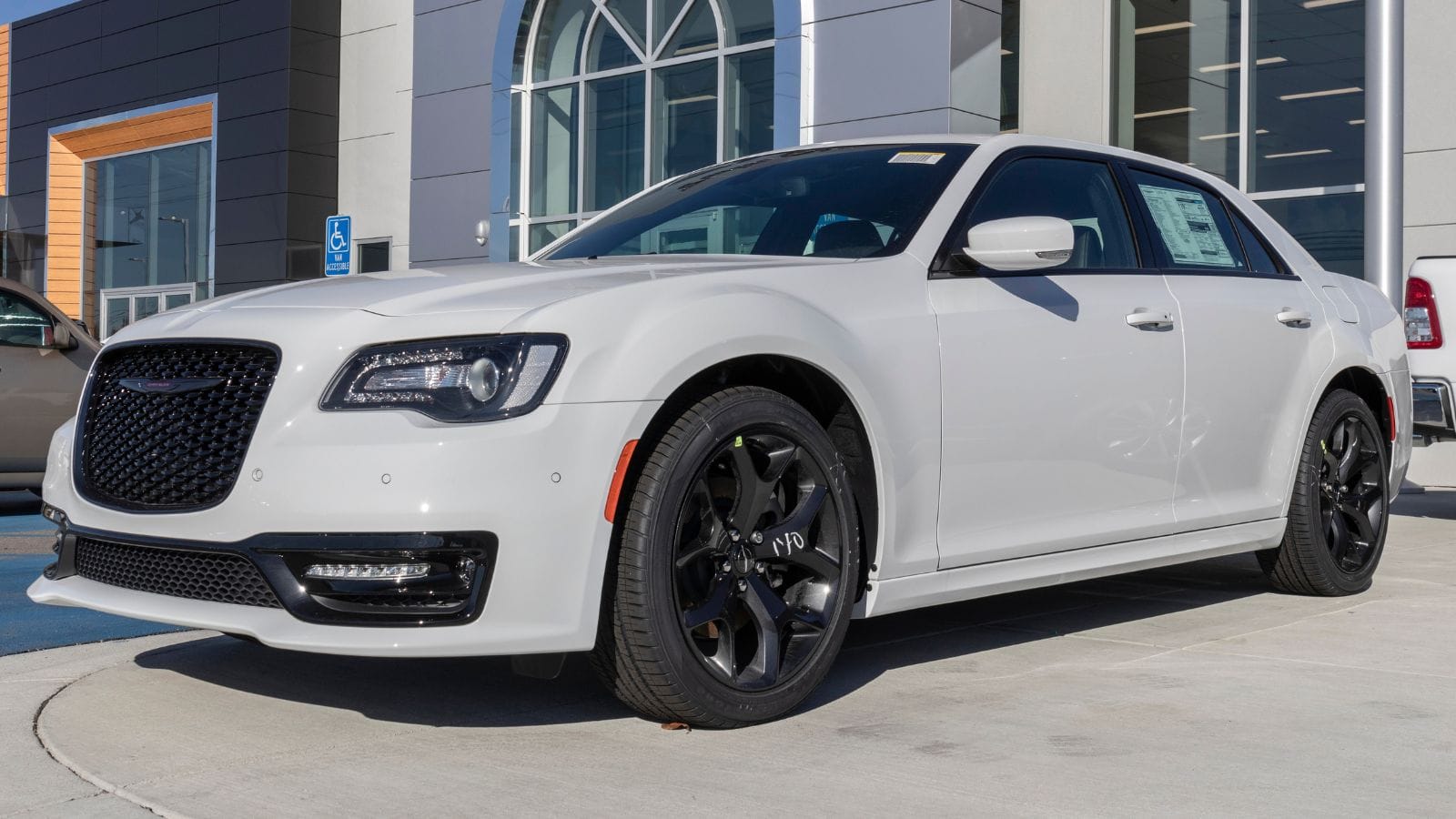
Chrysler has a long history in the North American market, but when it comes to reliability, it’s a brand that mechanics constantly warn against. While Dodge and Jeep — Chrysler’s corporate siblings — have their issues, Chrysler-badged cars take the brunt of criticism. Mechanics often describe them as unpredictable: some last years trouble-free, while others blow up with fewer miles than a used rental car.
Chrysler’s 2.7 V6 Disaster
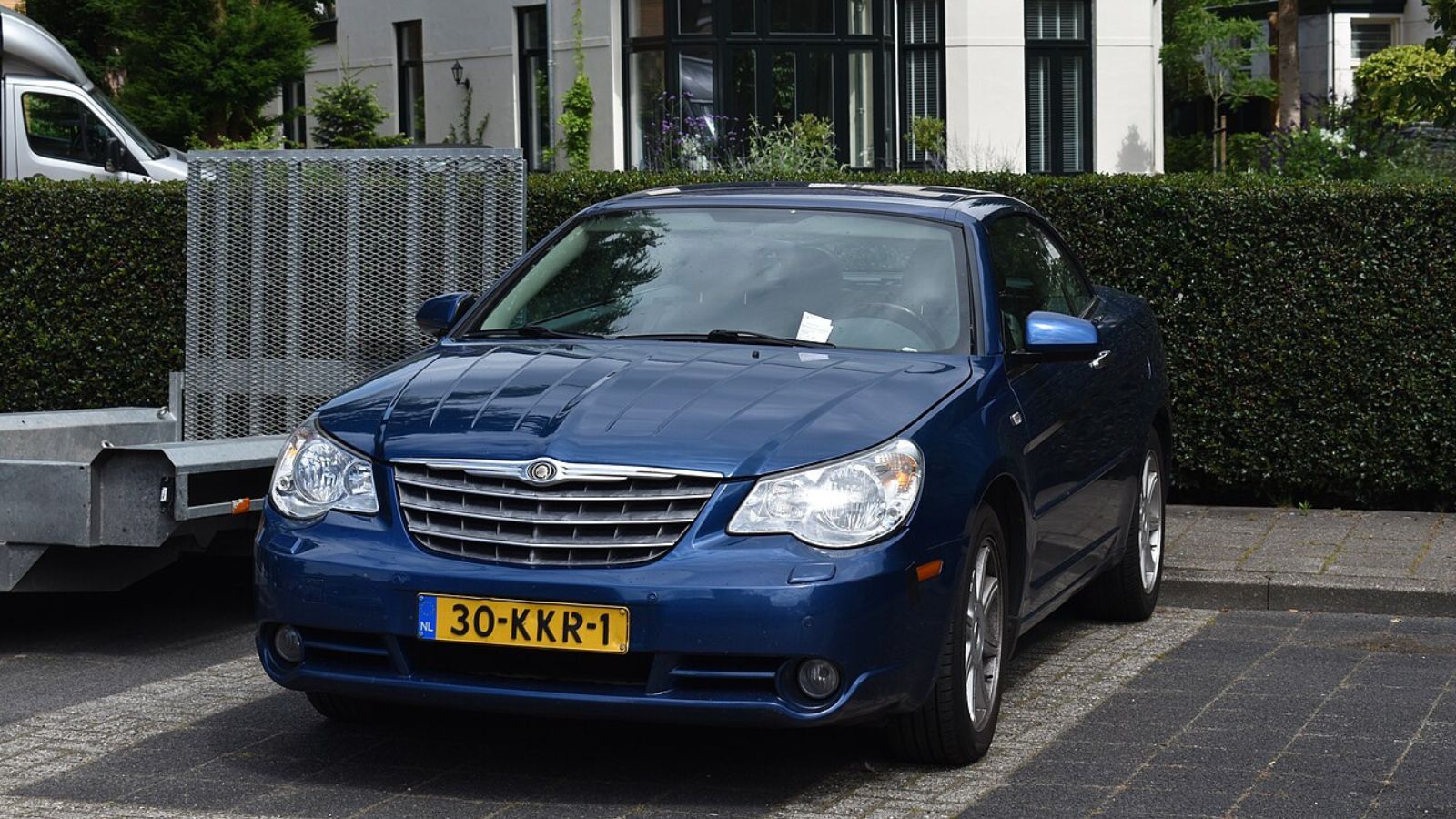
Ask any mechanic about Chrysler’s worst engine, and the 2.7 liter V6 from the early 2000s will come up immediately. Installed in cars like the Chrysler Sebring and Dodge Intrepid, this engine was infamous for sludge buildup. Poor design meant oil passages clogged easily, starving the engine of lubrication. Mechanics saw these engines seize up with less than 100,000 miles, often leaving owners with repair bills higher than the car’s value.
Transmission Problems That Never End
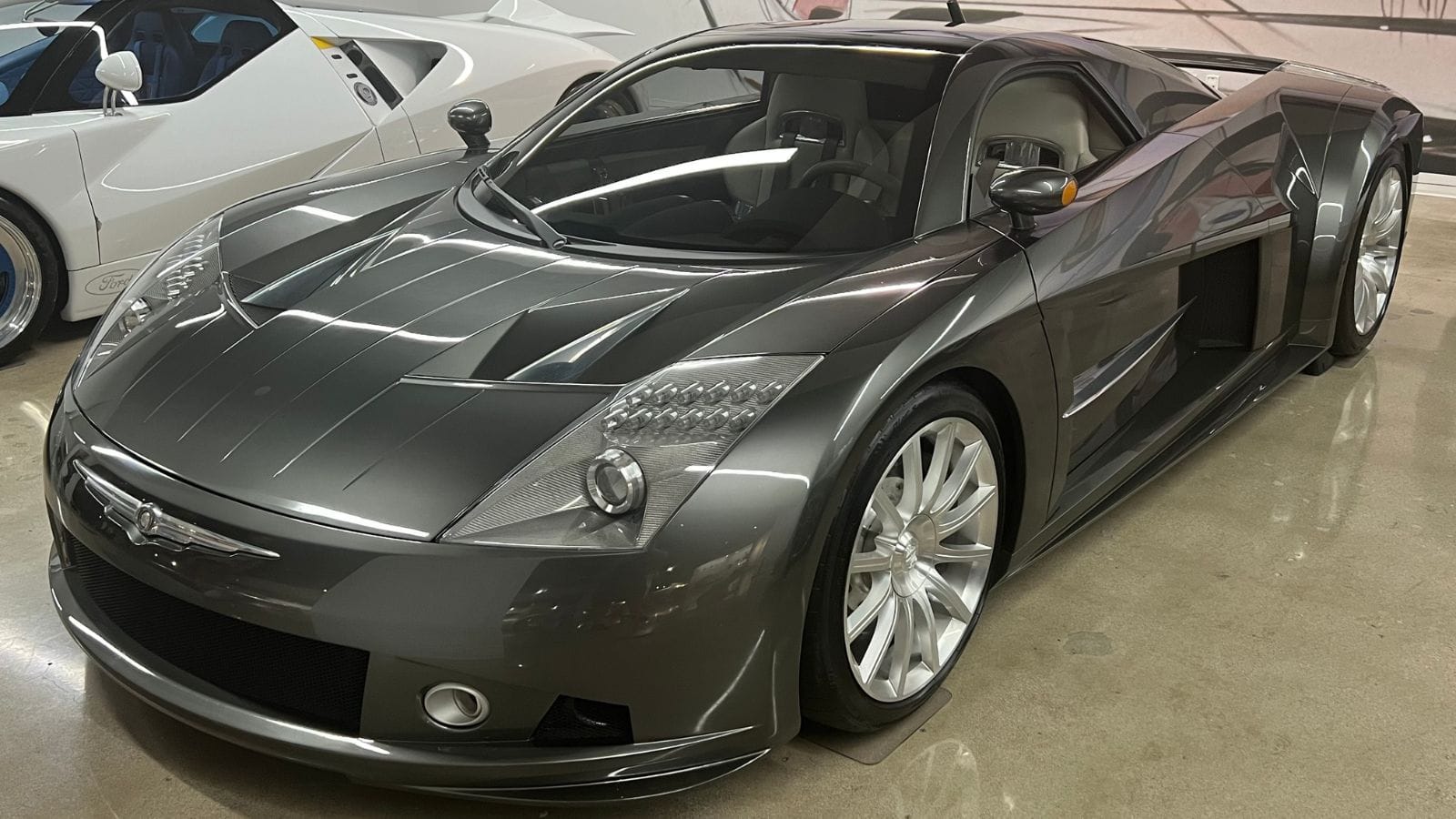
If the engines don’t get you, the transmissions will. Chrysler’s automatic gearboxes, especially from the 90s and 2000s, have a reputation for early failure. Slipping, harsh shifting, and outright transmission grenades are all too common. Mechanics sometimes joke that Chrysler transmissions should come with a built-in punch card — after the third rebuild, the fourth one’s free. Even today, many owners complain about longevity issues.
Chrysler Electrical Gremlins
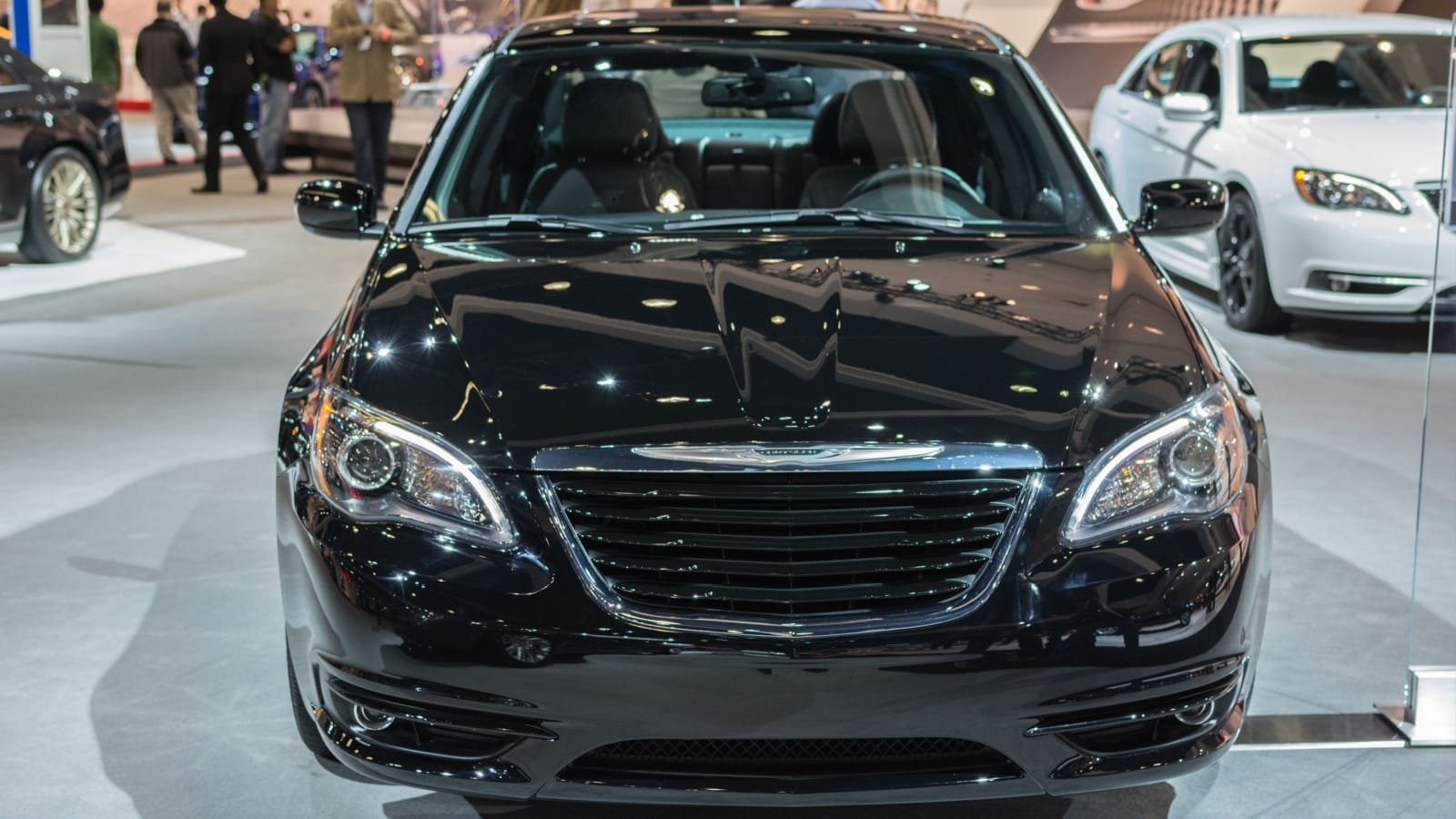
Beyond the engines and transmissions, Chrysler vehicles often suffer from electrical problems. Alternators fail, dashboard clusters flicker, and power windows stop working out of nowhere. Mechanics know that once these cars start developing electrical issues, it’s usually the beginning of a cascade of failures. Fix one problem, and another one pops up. It’s this unpredictability that frustrates both owners and the people trying to fix them.
Mechanics’ Real-World Frustration
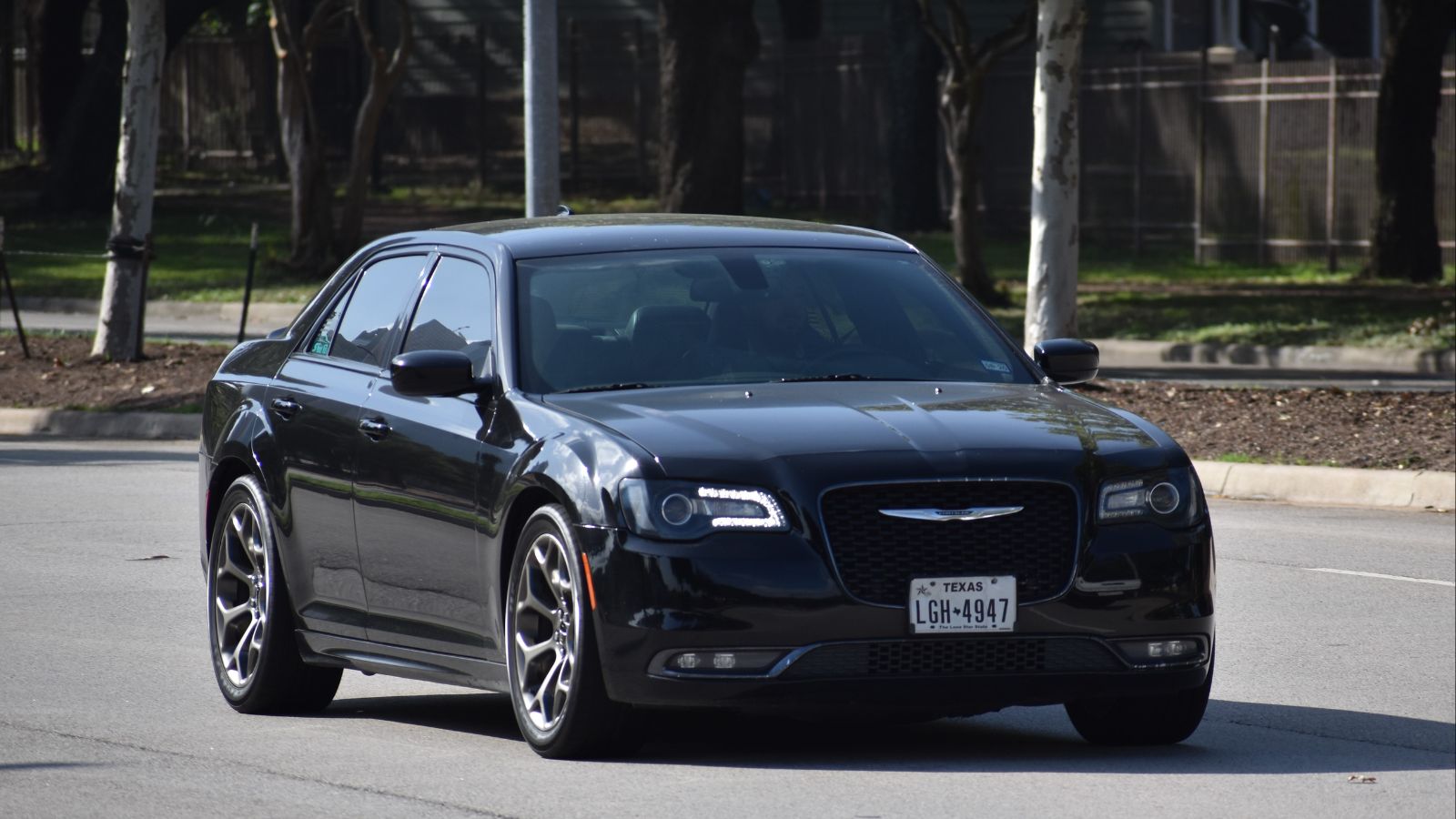
When mechanics say a brand “keeps blowing up,” it’s not hyperbole. It’s years of seeing the same engines seized, the same gearboxes torn apart, and the same frustrated owners returning with wallets lighter every time. Some mechanics flat-out refuse to buy Land Rovers or Chryslers for themselves, no matter how cheap. For them, the risk isn’t worth it, even when the vehicles are practically given away.
Why People Still Buy Them Anyway
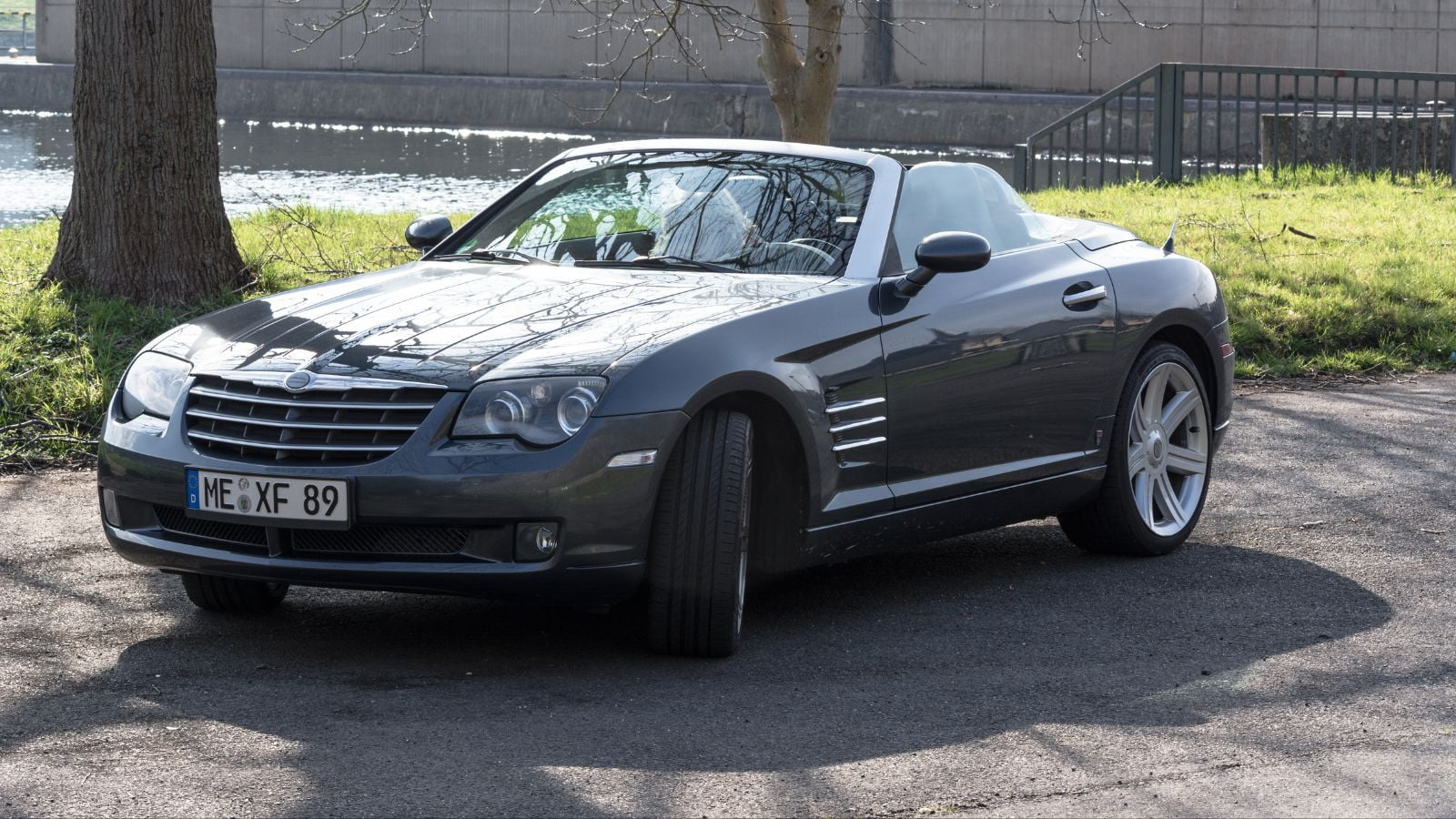
Despite the warnings, Land Rovers and Chryslers still find buyers. Land Rovers lure people with luxury interiors and off-road heritage, while Chryslers attract with low prices and sharp styling. But mechanics will always tell you the same thing: looks fade, but repair bills don’t. Owning one of these brands is like playing roulette with your bank account sooner or later, the house wins.
25 Facts About Car Loans That Most Drivers Don’t Realize

Car loans are one of the most common ways people fund car purchases. Like any other kind of loan, car loans can have certain features that can be regarded as an advantage or a disadvantage to the borrower. Understanding all essential facts about car loans and how they work to ensure that you get the best deal for your financial situation is essential. Here are 25 shocking facts about car loans that most drivers don’t realize:
25 Facts About Car Loans That Most Drivers Don’t Realize
